Administrator Power’s Remarks at the International Anti-Corruption Conference
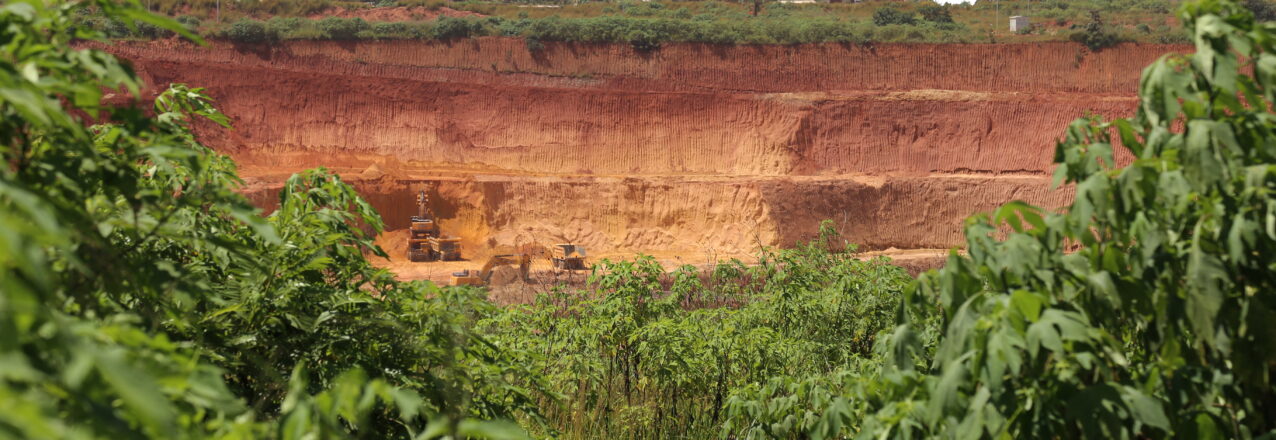

USAID Colombia Land & Rural Development Program
Between 2013 and 2019, USAID Colombia’s Land and Rural Development Program supported the government of Colombia in bringing displaced victims of conflict back to their land; providing these and other poor rural families with legal certainty of land ownership; catalyzing investments in public goods and services that support licit livelihoods; and ensuring that land-related data is electronically available. This documentary provides an overview of the program’s six years of implementation in 57 municipalities of Colombia.
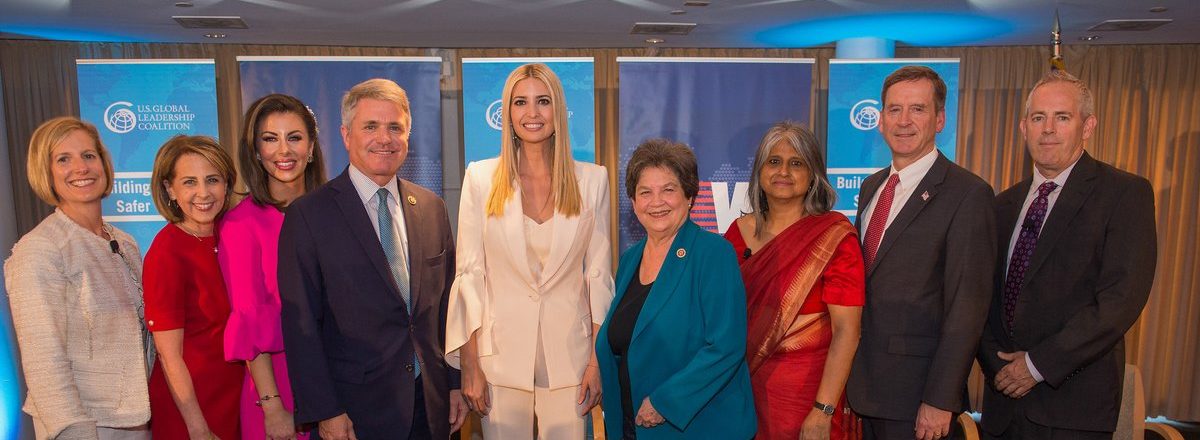
At the USAID – USGLC launch event for the new Women’s Global Development and Prosperity Initiative activities, Landesa President and CEO Chris Jochnick spoke about why land and property rights are important to women and girls. Watch his segment here.
You can also view the full event video here. Jochnick’s remarks on property rights starting around minute 26:10.
Watch a short recap from U.S. Agency for International Development (USAID) Administrator Mark Green’s trip to Colombia in May 2019. In it, he describes the work USAID and Colombia are doing to improve land rights. The Administrator states, “In the coming months, the Government of Colombia will issue over 3,000 land titles. Establishing formal rights to land ownership will mitigate a key driver of conflict in the countryside and improve the quality of life for rural populations.”
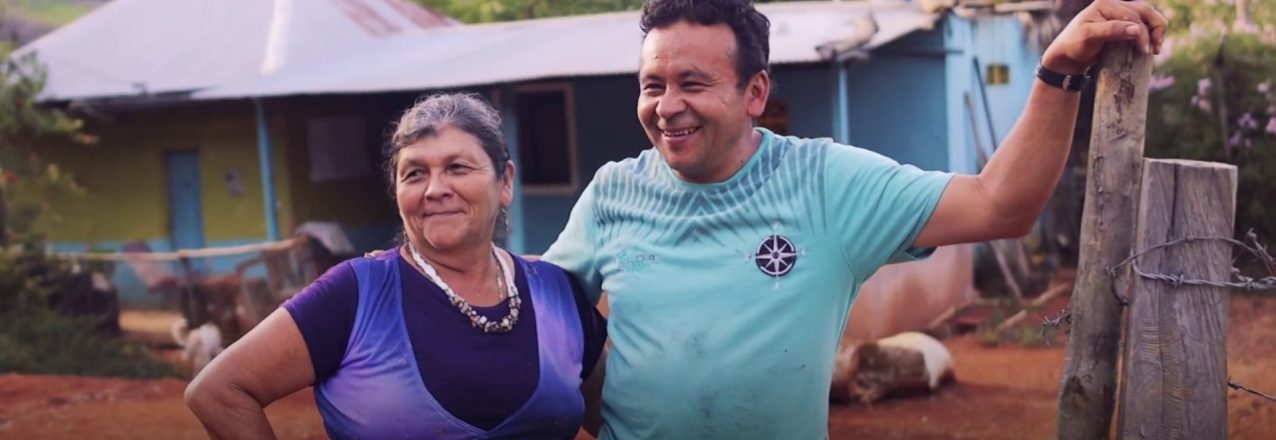
Like millions of Colombians, 38-year-old Enrique and his mother Eloisa were forced to flee their farm during the country’s 50-year civil war. The Victims and Land Restitution Law, a spearhead of broader land policies contained in the peace accord signed in late 2016 between the Colombian Government and the Revolutionary Armed Forces of Colombia (FARC), calls for the restitution of land to displaced victims of conflict.
Today, USAID supports the Colombian Government in resolving these land issues, which were at the heart of the conflict. For farmers like Enrique and Eloisa, that means being able to return to the land they lost and gaining a legal land title.
With their land returned and their property rights secure, Enrique and Eloisa are now investing in their future — expanding and diversifying crop production, learning modern farming techniques to increase harvests, and selling cash crops — with USAID’s support.
For more stories of transformation, visit: https://stories.usaid.gov.
USAID is also helping to economically empower returning citizens, assisting these communities to invest and grow legal crops, boosting incomes and creating greater self-reliance. This video tells the story of a mother and son who return to their home in Balsillas, Tolima, the birthplace of the FARC, after being forced to flee during the conflict, and build a more economically secure future for themselves, their family and their country.
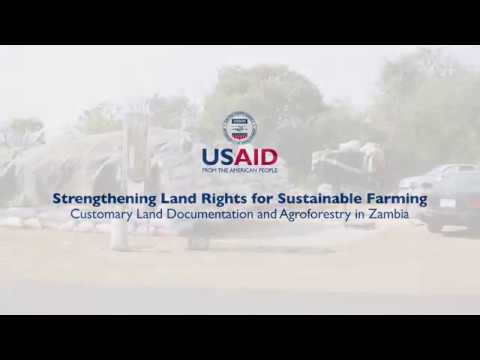
Land is the most important asset that small-scale farmers have but without recognized and secure property rights, individuals’ farm investments may be at risk. In Zambia, USAID supported local farming communities by helping them secure land rights through low-cost, locally available tools and processes, and teaching techniques, like agroforestry, that are designed to improve their land’s productivity now and in the future.
Learn more about USAID’s Tenure and Global Climate Change project in Zambia.
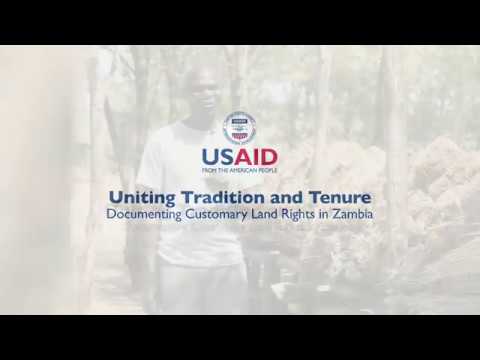
Through its Tenure and Global Climate Change program, USAID worked with government, local civil society partners, chiefs and chieftainesses in Zambia to document land and support secure tenure for local communities. Together with these stakeholders, processes were developed and implemented which helped to unite customary land management with new mechanisms and documentation techniques.
Learn more about USAID’s Tenure and Global Climate Change project in Zambia.
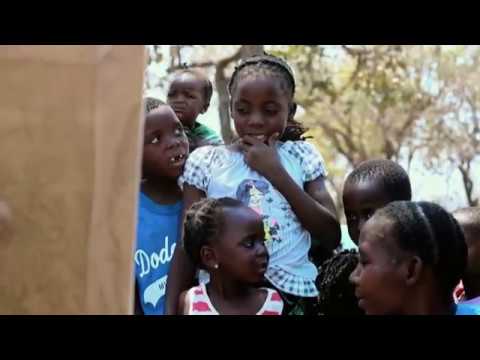
Through partnerships with civil society, government, private sector and communities, USAID helped bring global best practices and low-cost mobile tools to document and administer land rights in support of Zambia’s economic development. Civil society partnerships led to immediate impacts toward securing land tenure, protecting wildlife and providing new technologies for communities and customary leaders on the ground.
Learn more about USAID’s Tenure and Global Climate Change project in Zambia.
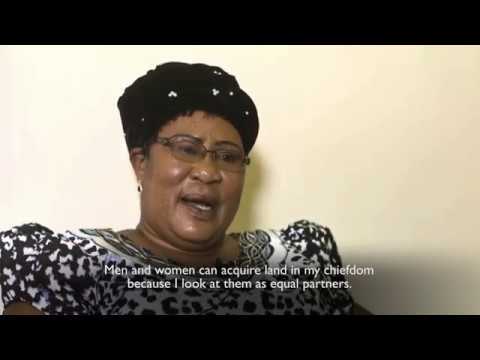
Though the majority of its tribes follow matrilineal inheritance patterns, women’s land rights in rural areas are far from secure. In Zambia’s Eastern Province, USAID worked with traditional leaders and through local partners to strengthen the land rights of thousands of households, and placed women at the center of the process.
Learn more about USAID’s Tenure and Global Climate Change project in Zambia.
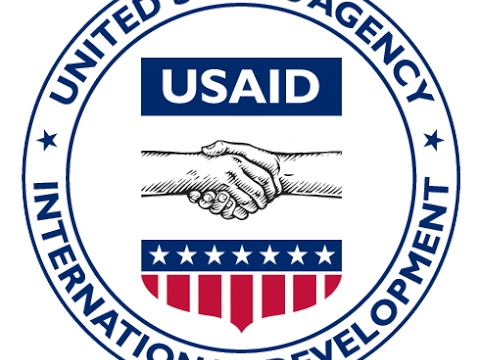
This webinar is over, but you can still watch the recording above. USAID LandLinks, Marketlinks and Agrilinks hosted the second webinar in a three-part series examining the constraints and opportunities surrounding property rights and responsible land-based investment (the first webinar took place in October with The Hershey Company and ECOM Agroindustrial Corporation).
This webinar discussed lessons learned from pilot activities in Mozambique where USAID’s Public Private Partnership for Responsible Land-Based Investment Pilot is working with Illovo Sugar, Ltd., Indufor, N.A., and Terra Firma to meet corporate commitments on land governance by improving land tenure security around their Maragra plantation. The pilot focused on sensitization, participatory mapping, verification of plot boundaries, certification, and application for government-issued rights of occupancy and use, as well as the development of a grievance mechanism for Illovo.